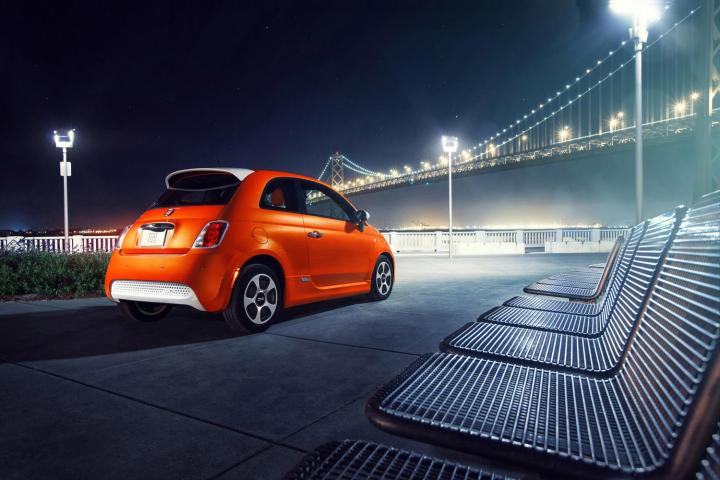
Fiat’s 500e all-electric vehicle has barely had time to burn the rubber on its tires but according to The Detroit News, it’s already suffering a recall.
More than 270 500e models are being recalled in order to replace bolts that secure the vehicle’s half shafts. However, that is not an official number and reports coming out of Detroit state that Chrysler have yet to turn in official figures to the National Highway Traffic Safety Administration until it can account for all 500e models.
Thankfully there have been no injuries or accidents related to the faulty bolts reported. Chrysler will begin to contact owners affected by the recall, who will then receive a rental vehicle while their car’s issues are sorted out.
Chrysler was also eager to point out that the cause of the 500e recall is in no way relate to the car’s powertrain, and that simply the bolts that connect to the half shafts of the vehicle needed attention.
The investigation was launched after Chrysler learned that a customer’s vehicle experienced power loss, which led to engineers discovering that two assembly steps had not been completed, possibly causing the half shaft separation.
Despite the relative low volume of cars affected, one has to wonder whether the recently issued recall will negatively impact Fiat 500e sales once they open up outside of California.


